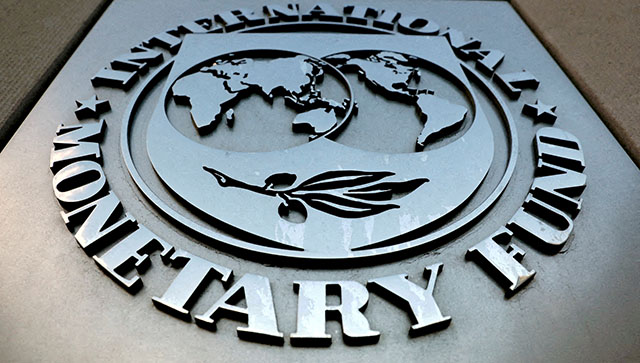The African nation of Zambia finds itself grappling with a severe debt crisis that has sent shockwaves through its already struggling economy.
Zambia, a landlocked country in Southeast Africa with a population of approximately 20 million people, has been striving to improve its economic prospects. However, its recent growth was fuelled by international debt, which ultimately proved unsustainable. In 2020, Zambia defaulted on its debt obligations marking the beginning of a challenging journey to restructure its financial commitments. Zambia’s debt portfolio includes a mix of global lenders, such as the International Monetary Fund (IMF) and the World Bank, as well as loans from the open market, including Eurobonds – dollar-dominated government bonds. Notably, bilateral loans from foreign nations, with China being a significant contributor, constitute a substantial portion of Zambia’s indebtedness, amounting to at least $4 billion. In an attempt to navigate its debt crisis, Zambia formed an “Official Creditor Committee” comprising South Africa, France and China. This committee played a pivotal role in working on the restructuring of $6.3 billion of Zambia’s bilateral debt. China’s involvement, in particular, emerged as a critical factor, as it holds significant sway over the restructuring process. In June 2022, the committee achieved a breakthrough in restructuring a $6.3 billion tranche of Zambia’s debt, drawing international attention. The IMF considered this restructuring model revolutionary and expressed interest in using it as a template for other nations facing similar default challenges. “This is a breakthrough because of the way the structure of the agreement is being done. And I very much look forward to codifying Zambia and then using it as a model for other,” IMF director Kristalina Georgieva. Zambia expressed gratitude to the committee, especially China and France, for their assistance. “The debt restructuring that we have attained at this time, we really would like to thank the co-chairs China and France,” said New Heritage Party president Chishala Kateka. Setbacks and roadblocks Despite this initial success, Zambia faced a setback this week when the same committee rejected its proposed debt restructuring plan for a €3 billion Eurobond. The committee, chaired by China and France, insisted on a deal where Eurobond holders would incur a larger loss than deemed necessary by Zambia or the IMF. This rejection has raised concerns about Zambia’s economic stability, leading to a decline in the value of its bonds. The creditor committee’s influence over Zambia’s debt restructuring decisions has undermined confidence in the nation’s economy. This setback is not isolated to Zambia alone; other nations, including Ghana and Sri Lanka, attempting to restructure their debts, are now viewed as risks in the international financial landscape. This chain reaction creates a vicious cycle of debt and poverty, amplifying the challenges faced by already battered nations. As Zambia grapples with the complexities of debt restructuring and faces challenges from influential creditors, the consequences reverberate beyond its borders. The interconnected nature of global debt dynamics highlights the need for careful consideration and international cooperation in addressing the economic vulnerabilities of developing nations. Views expressed in the above piece are personal and solely that of the author. They do not necessarily reflect Firstpost’s views. Read all the Latest News , Trending News , Cricket News , Bollywood News , India News and Entertainment News here. Follow us on Facebook, Twitter and Instagram.


)

)
)
)
)
)
)
)
)



